BESPOKE
TO YOU BY DESIGN
OUR APPROACH
Ruaha
National park
Nestled in the heart of Tanzania, Ruaha National Park stands as a testament to the raw beauty and untamed wilderness that Africa is renowned for. Encompassing a staggering 20,226 square kilometers (7,809 square miles) of diverse landscapes, from rolling hills to vast savannas and dense woodlands, Ruaha is one of the largest national parks in East Africa. Its remote location and relatively low visitor numbers offer an exclusive safari experience, making it a hidden gem for adventurous travelers seeking authentic encounters with wildlife.
Ruaha National Park LOCATION
Located in the southern part of Tanzania, Ruaha National Park lies at the center of an extensive ecosystem that includes the adjacent Rungwa and Kizigo Game Reserves, forming a contiguous wilderness area of over 45,000 square kilometers (17,000 square miles). The park is named after the Great Ruaha River, which flows along its southeastern border, providing a lifeline for its diverse wildlife. Ruaha’s landscape is characterized by a mix of miombo woodlands, open plains, rugged hills, and riverine vegetation. The Great Rift Valley runs through the park, contributing to its varied topography and creating a mosaic of habitats that support an incredible array of flora and fauna.

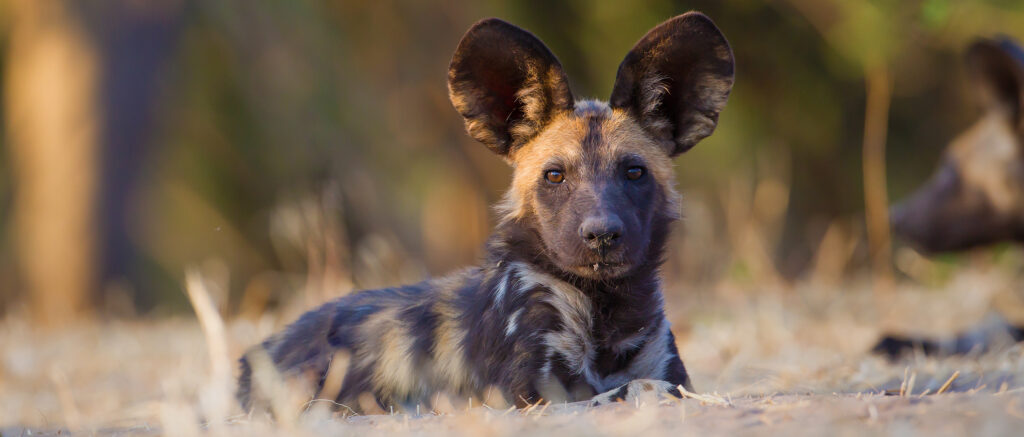
Ruaha National Park WILDLIFE
Ruaha National Park is celebrated for its exceptional biodiversity, with over 570 species of birds and an impressive variety of mammals, including several large predators such as lions, leopards, cheetahs, and wild dogs. The park is also home to significant elephant populations, with herds frequently congregating along the riverbanks during the dry season. Other notable species found in Ruaha include giraffes, zebras, buffaloes, hippos, and various antelope species such as kudu, impala, and sable. Rare and endangered species such as the African wild dog and the lesser kudu can also be spotted within the park’s boundaries.
Attraction in Ruaha
national park
gamE drive
Exploring Ruaha’s vast wilderness on a game drive is the quintessential safari experience. Knowledgeable guides lead visitors through the park in open 4×4 vehicles, providing insights into the behavior and ecology of the animals encountered along the way. Morning and afternoon game drives offer the best opportunities to witness the park’s wildlife in action, including predator-prey interactions and the spectacle of the African savanna.
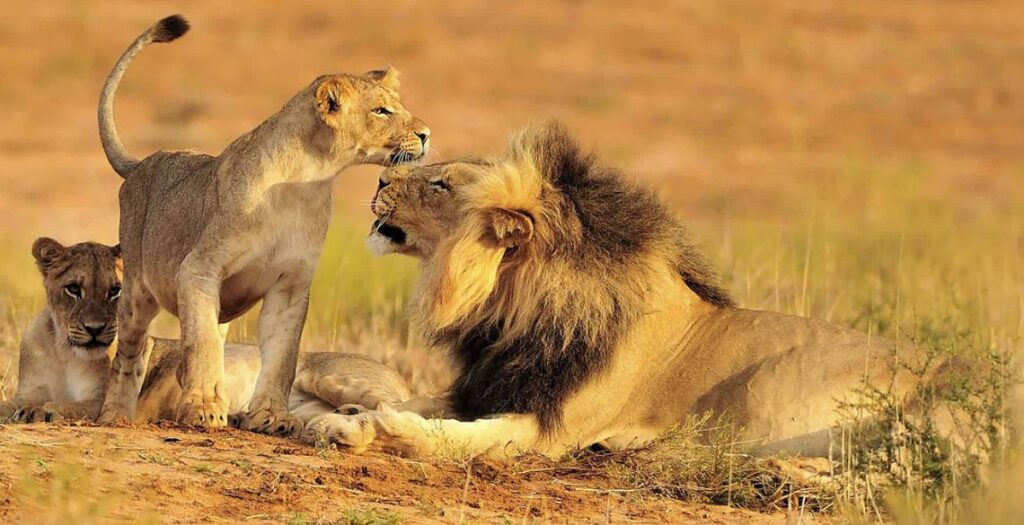
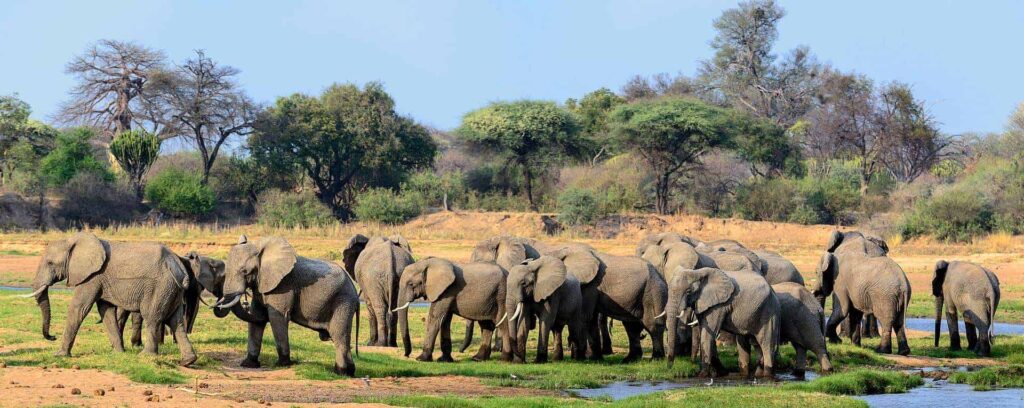
PHOTOGRAPHY safaris
Some areas of the park allow for guided walking safaris, offering a more intimate and immersive experience of the wilderness. Accompanied by armed rangers and knowledgeable guides, visitors can discover the smaller details of the ecosystem while learning about tracking and bushcraft.
WALKING SAFARIS
For a more immersive experience, guided walking safaris offer a chance to delve deeper into Ruaha’s ecosystems on foot. Accompanied by armed rangers and expert guides, visitors can explore the park’s diverse habitats up close, learning about its plant life, smaller creatures, and tracking wildlife signs. Walking safaris provide a unique perspective on the wilderness, allowing participants to appreciate its sights, sounds, and scents in a more intimate manner.
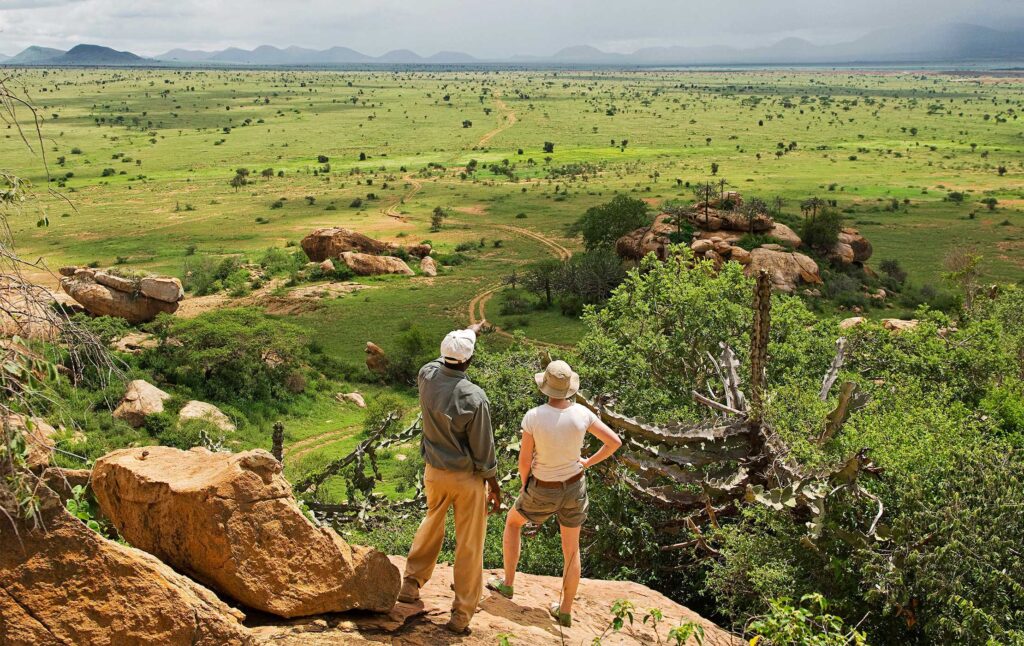
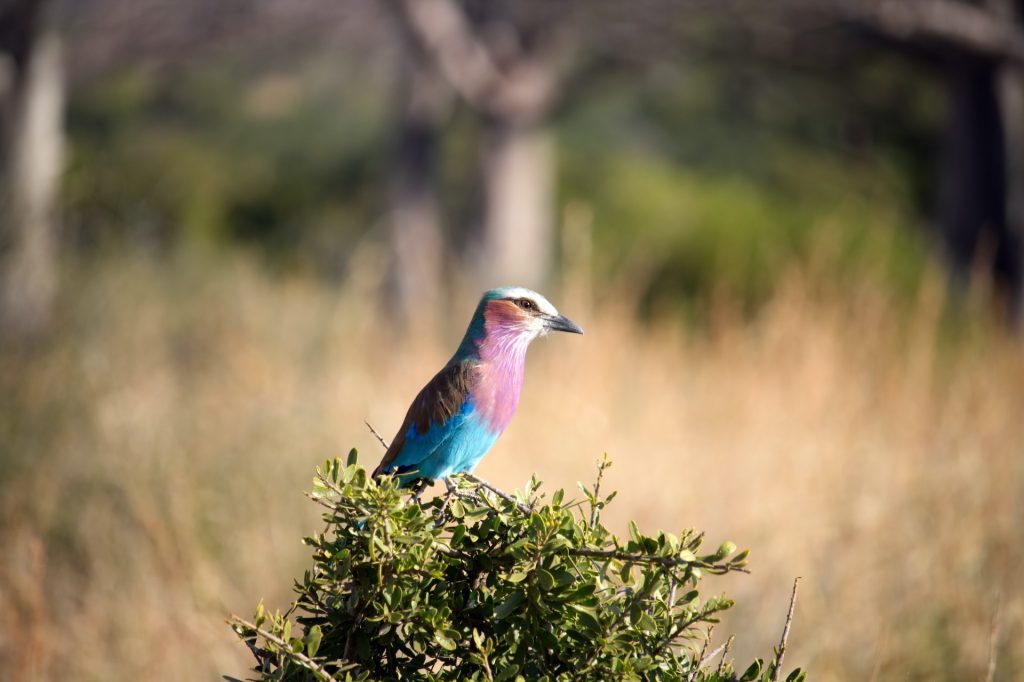
BIRD WATCHING
With its rich avifauna, Ruaha National Park is a paradise for birdwatchers. From colorful bee-eaters and majestic raptors to rare species such as the Ruaha red-billed hornbill and the endemic Ruaha chat, the park offers unparalleled opportunities for birdwatching enthusiasts. Several bird hides and viewpoints situated near water sources provide ideal vantage points for observing both resident and migratory bird species in their natural habitats.
CULTURAL Experiences
In addition to its natural wonders, Ruaha National Park also offers cultural experiences that provide insights into the local communities and their way of life. Visitors can interact with the semi-nomadic Maasai people who inhabit the surrounding areas, learning about their traditions, crafts, and livestock-rearing practices. Cultural tours may include visits to Maasai villages, where guests can participate in traditional dances, sample local cuisine, and purchase handmade crafts as souvenirs.
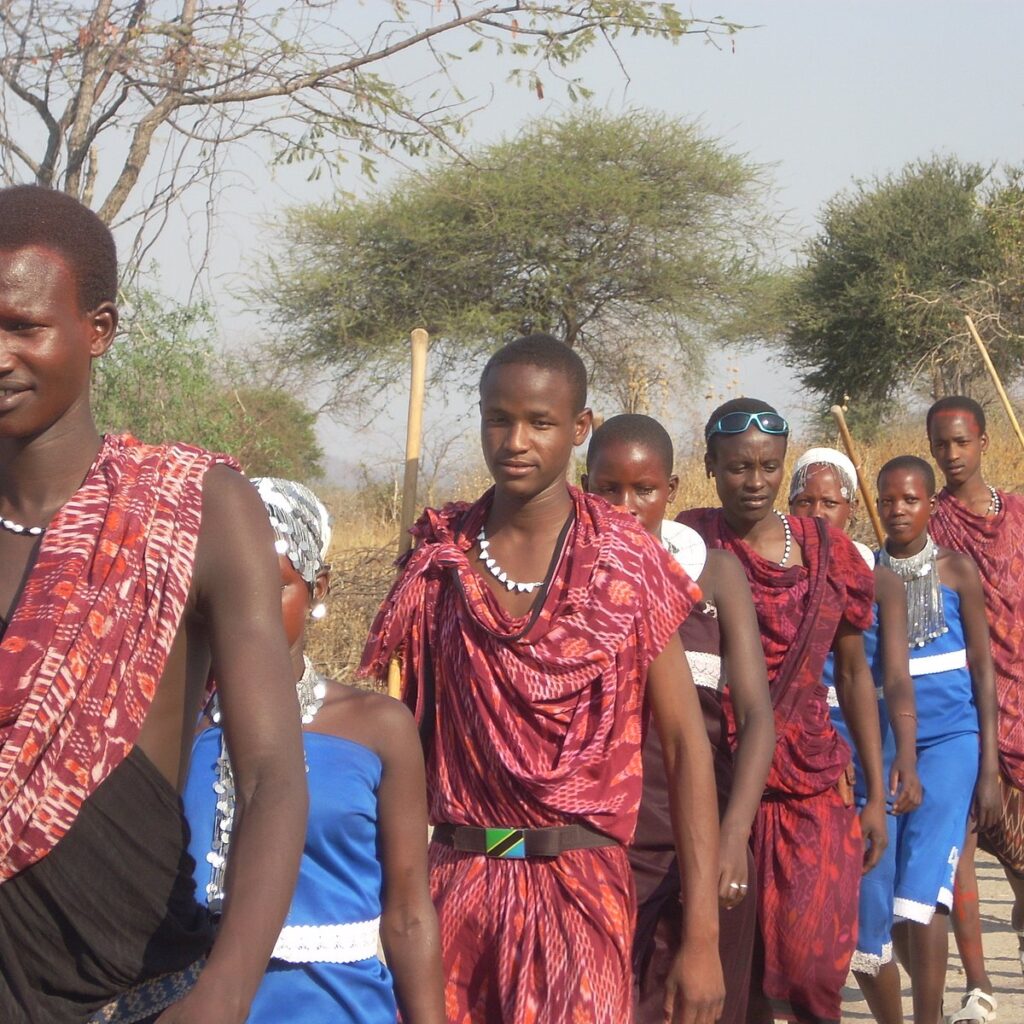
BEST TIME TO VISIT Ruaha National Park
JAN
FEB
MAR
APR
MAY
JUN
JUl
AUG
SEP
OCT
NOV
DEC
- BEST
- GOOD
- MIXED

